Makos 19a
Special thanks to Eli Chitrik.
- We mentioned the famous Rabbeinu Tam, Tosafos Kiddushin 36b, reason (twelve lines from the bottom) as to why there is no obligation to give Terumos and M’asros on fruits which grow outside of Eretz Yisrael: “because essentially the land does not belong to us… it belongs to the governing body of the land. The only place where a person actually owns the physical land is in Eretz Yisrael”.
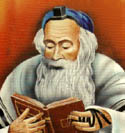
Rabbeinu Tam
- We discussed the Rambam regarding the holiness of Eretz Yisrael:
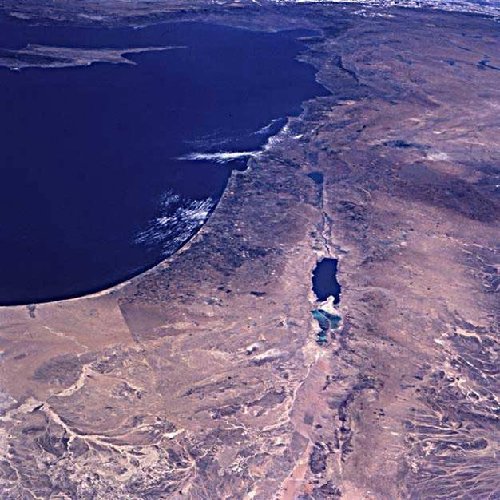
To see the Rambam in full see here Halacha 15 onward.
Background:
The history of the conquering and settlement land of Israel (and subsequent exiles) is split into two:
1- The original conquering by the children of the generation that left Egypt. That came to a bitter end at the first exile into Bavel (Babylon).

2- The second settlement movement and the rebuilding of the Second Temple by Ezrah the Scribe. That era too ended with the exile by the Romans.

What happened to the sanctity of the land and the Beis Hamikdash as a result of these two exiles? What was the status of Eretz Yisroel for the seventy years of the first exile and what is the status today?
Did the land retain its holiness? If yes, then the laws pertaining to it still apply – in practical terms one must give Teruma and Maaser on the produce grown in Israel.
Similarly the question is also on the state of Holiness of Yerushalayim and the area where the Beis Hamikdash was standing. Did the Kedusha of the Beis Hamikdash disappear after Nebuchadnezzar destroyed it? What about the destruction by Titus?
If the sanctity on the Beis Hamikdash remains unchanged then one would be prohibited to enter that area unless one was “Tahor” – something not practical today.
We find various opinions on both of the above questions in Shas.
3- The Rambam has an original take on the above. His ruling:
1- In regards to the land –
A- The first and original sanctification was nullified at the onset of the first exile.

B- The second sanctification by Ezrah was not be nullified; it is eternal.
2- In regard to Yerushalayim and the area of the Beis Hamikdash:
The first sanctification by Dovid and Shlomo Hamelech was never nullified. Even when most Jews were in Babylon the area of the Temple Mount retained its status.
In short, the Rambam maintains that anything which was conquered originally does not maintain the Kedusha of E”Y, however anything which was taken over subsequently by Ezra does maintain it’s holiness to this day.
Why? What is his rationale?

When they first entered Eretz Yisrael they did through means of “conquest”. Therefore once they were driven out of the land their “conquest” was nullified.
However when they came back for the second time they took it through “Chazakah” (occupation, or right of possession) and a Chazakah is something which is maintained for eternity.
This Rambam seems to be very problematic on many accounts.
Firstly the Kesef Mishnah asks two questions:
- On what basis is Chazakah considered a more effective means of acquisition than conquest?
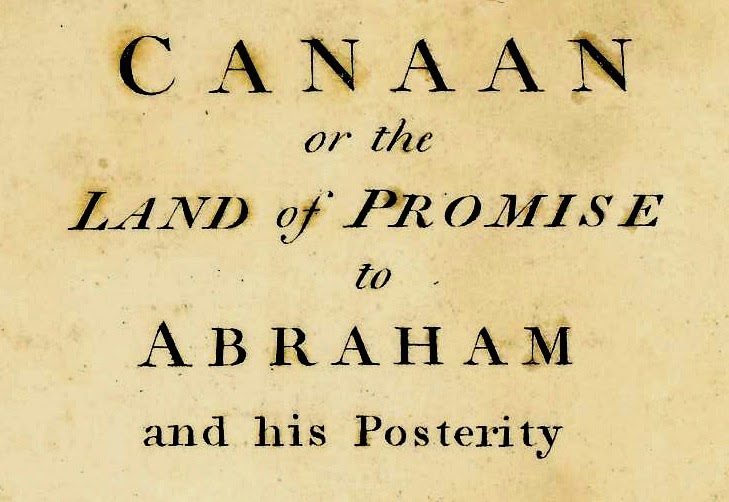
- After the initial conquest of Eretz Yisrael, the Jewish people manifested their ownership over it and thus, effected a Chazakah. If so, why is Ezra’s Chazakah, which was not preceded by conquest, more effective than the Chazakah which followed the original conquest? Why should the conquest detract from the consecration of the land?
The Rebbe in a lengthy and complicated Sicha explains this Rambam:
(To see the Sicha in full see here, to see a shorter synopsis see here)
From Avraham’s time onward Eretz Yisrael became the property of the Jewish people. Though the land was possessed by the Canaanites, the Jews were already its legal owners.

Despite this claim of ownership, the sanctity of Eretz Yisrael came about only after the Jewish people entered the land, after the redemption from Egypt. At that time, they were commanded to conquer the land and take it forcefully from the Gentiles.
Since G-d made the consecration of the land dependent on its conquest by Israel, it follows that conquest by a Gentile nation can indeed nullify that holiness.
In contrast, Ezra was not commanded to reconquer Eretz Yisrael, but rather to settle it. Actually, there was no need to “conquer” since the had explicit permission granted to them by a decree of King Koresh (Cyrus) .
In this instance, G-d made the sanctity of the land dependent upon the Jewish people manifesting their ownership over the land which had been given to them as an eternal inheritance.
Since Eretz Yisrael remains our land, regardless of how many times it has been conquered by Gentiles, the sanctity effected by that manifestation of ownership is also eternal.
4- As to the sanctity of the Yerushalayim and the Beis Hamikdash the Ramban comes up with a fascinating explanation as to why once consecrated by Dovid and Shlomo it can never be annulled.
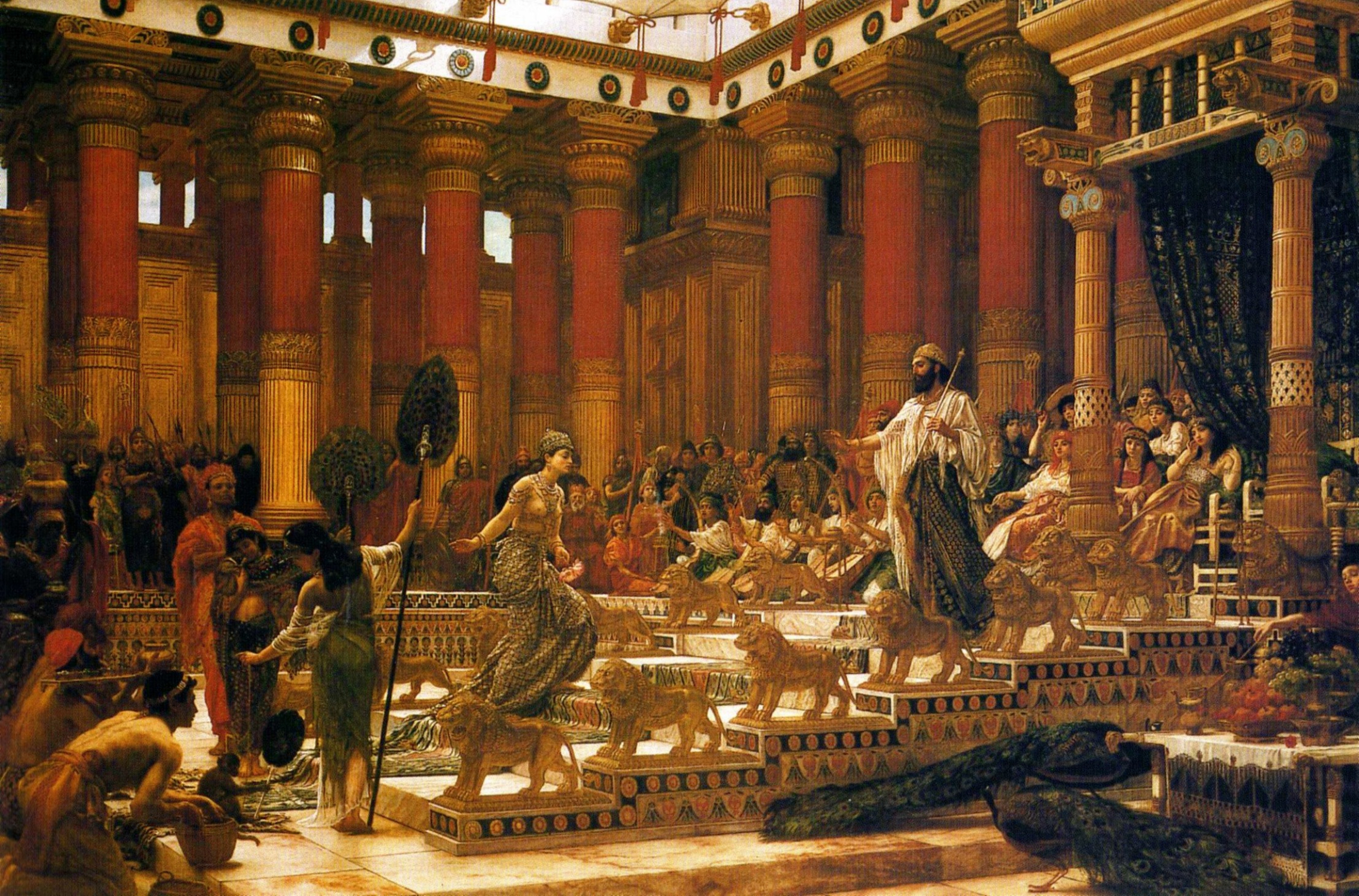
In his own words:
Since the sanctity of the Temple and Jerusalem stems from the Shechinah, and the Shechinah can never be nullified.
5- We mentioned that although the Rambam’s opinion is that the land of Israel, after the return of the Babylonian exile sanctified the land in a manner that cannot be nullified, nevertheless his opinion (as opposed to others) is that the laws of Teruma and Maaser are only applicable today mid’Rabanan. Not De’oraisa.

Why? Because in order to for the laws of Teruma etc. be applicable the majority of the Jewish worldwide population needs to be living in Israel!
We mentioned that the well-known religious Zionist Rabbi Eliezer Melamed who writes that he can’t wait for the majority of Jews to settle in Israel and then the Mitzvah of Teruma and Maaser will be De’oraisa.
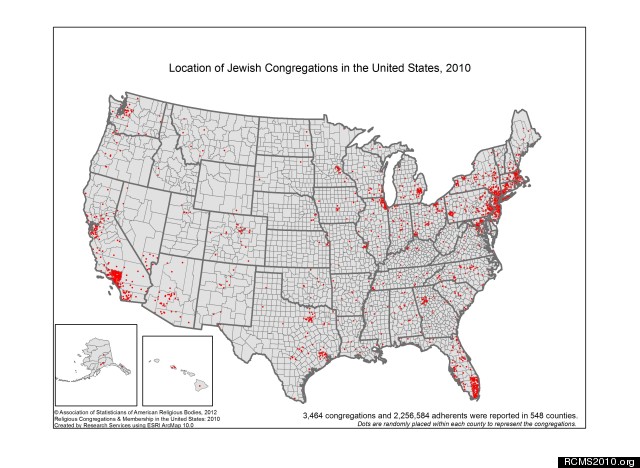
Since we don’t need all Jews, but just a simple majority, this can/will occur with a single new individual that will make “aliya” or a new child born in Israel to tip the balance of the majority of Jews.
But he admits that it would be a challenge to know exactly when that will occur because to ascertain the precise number of Jews worldwide is not practical.

Nevertheless he is hopeful that the time will come that enough Jews will live in Israel to be certain of a majority. At that time Teruma and Maaser will be De’oraisa.